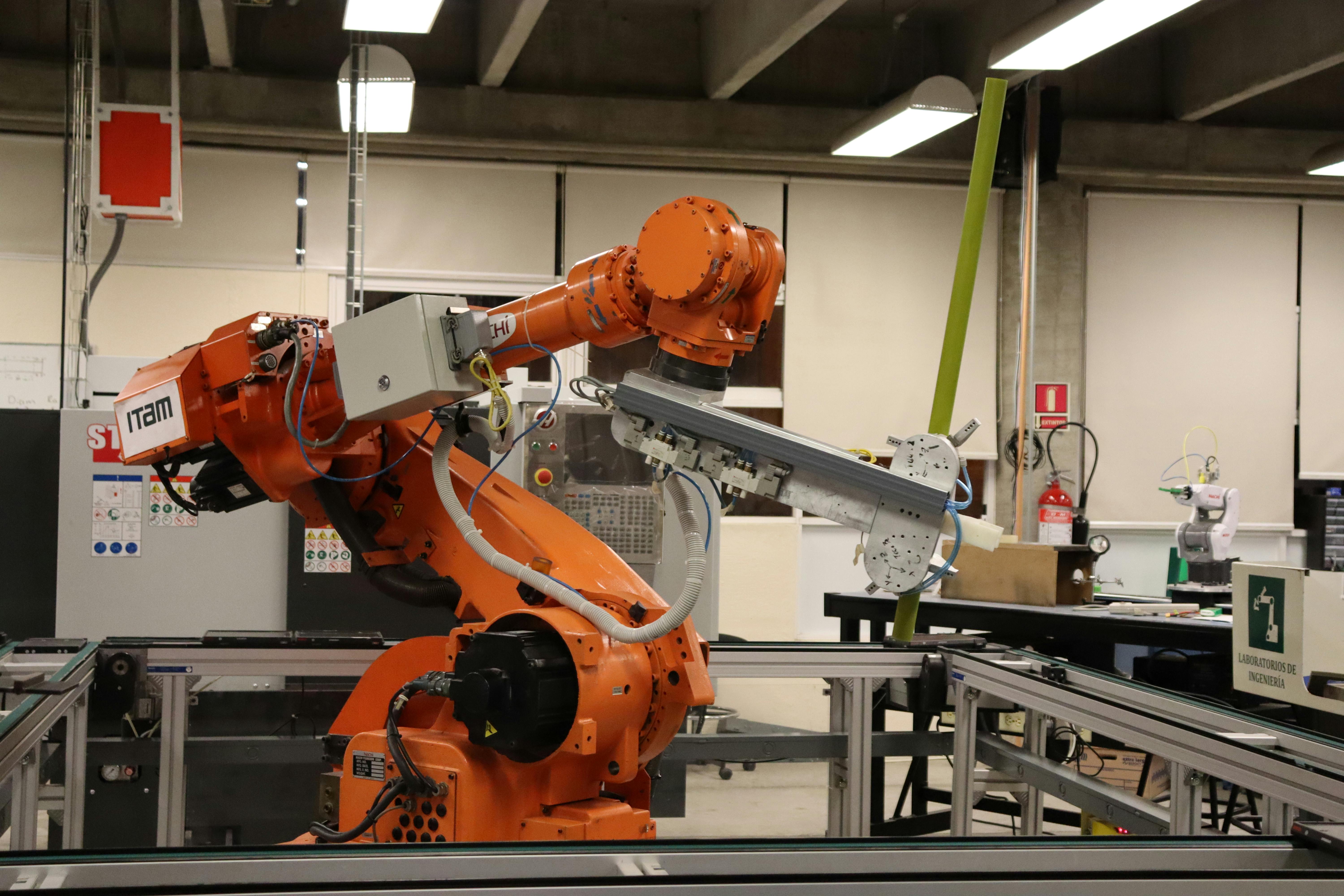Manufacturing Jobs in the Netherlands: Roles, Training, and Career Paths
Manufacturing jobs span a wide range of tasks, from machine operation and assembly to process engineering and quality control. In the Netherlands and elsewhere, these roles support industries such as food processing, electronics, chemicals, and advanced manufacturing. This article outlines common job categories, typical career trajectories, and practical training and education pathways that can help someone prepare for a manufacturing career. It does not list or imply specific active job openings or hiring opportunities; the focus is general information about roles, training, and professional development.

What types of manufacturing roles exist?
Manufacturing covers frontline positions like production operators, assemblers, and machine technicians, as well as technical and managerial roles such as maintenance engineers, quality assurance specialists, process engineers, and production supervisors. Many factories also include roles in inventory control, logistics, and health and safety. Jobs may vary by technology level: traditional assembly lines emphasize manual skills, while advanced manufacturing uses automation, robotics, and data-driven process control. Understanding the distinctions helps you identify which roles match your interests and strengths.
How can you plan a manufacturing career?
Planning a manufacturing career often begins by assessing your skills and interests—whether you prefer hands-on work, technical problem solving, or process optimization. Early steps include gaining basic technical qualifications, pursuing relevant apprenticeships, and seeking entry-level positions that provide on-the-job experience. Over time, workers frequently move into specialist roles (automation, quality, maintenance) or into supervisory and operations management. Career planning should also consider industry trends, such as increased automation, which may shift demand toward technical and digital skills.
What is the manufacturing landscape in the Netherlands?
The Netherlands has a diversified manufacturing sector with strengths in high-value goods, food and beverage processing, chemicals, and precision engineering. The country’s logistics infrastructure, ports, and proximity to European markets influence where factories are located and which skills are in demand. Regional clusters and vocational training networks can support local workforce development. Note that this overview is descriptive of the sector and does not imply the availability of current job listings. For labour market specifics, consult official national or regional labour-statistics sources.
What training is available for manufacturing jobs?
Training pathways include vocational programs, apprenticeships, workplace training, and short technical courses focused on skills such as CNC operation, welding, PLC programming, and industrial maintenance. Many employers offer in-house training or partner with vocational schools to combine classroom learning with hands-on practice. Short courses in digital manufacturing topics—automation, data collection, and basic programming—are increasingly common. When evaluating training, look for programs that include practical assessment and opportunities to apply new skills in simulated or real production settings.
What education and certifications matter?
Formal education options range from secondary vocational education to associate degrees and bachelor’s programs in fields like mechanical engineering, industrial engineering, or manufacturing technology. Certifications can demonstrate competency in specific areas, such as welding qualifications, electrical safety, forklift operation, or quality management frameworks (e.g., basic ISO-related training). Employers may prioritize practical experience alongside certifications. Choosing education and certifications should align with the roles you target and with the technological profile of local employers or industry subsectors.
Conclusion
Manufacturing jobs offer a variety of pathways depending on whether you prefer manual, technical, or managerial work. In the Netherlands, as in many countries, success in this field often combines practical training, relevant education, and on-the-job experience. Staying current with automation and digital skills can help during career transitions. This article provides general guidance and does not imply or advertise specific active job openings or hiring opportunities.






